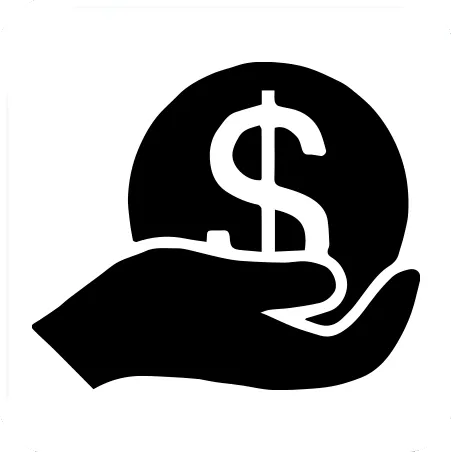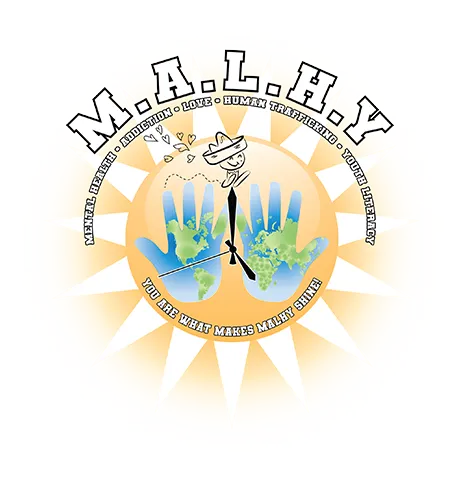Blog

AB 379 Passes Committee: California Moves Closer to Expanding Felony Penalties for Soliciting Teens
Update on AB 379 (2025): This post follows up on our original coverage of AB 379 and the debate over felony penalties for soliciting sex from minors.
California lawmakers took a significant step forward in the fight against teen sex trafficking this week as Assembly Bill 379 (AB 379) cleared the Assembly’s Public Safety Committee. The bill would allow prosecutors to charge suspects with a felony for soliciting sex from 16- and 17-year-olds, even if trafficking cannot be proven—a major shift in how California protects vulnerable youth.
What Changed?
For weeks, AB 379 faced heavy resistance—not from Republicans, but from progressive Democrats concerned about the potential for discriminatory enforcement, especially in communities of color and among teens in close-in-age relationships. That resistance sparked public outcry and bipartisan criticism.
Assemblymember Nick Schultz (D-Burbank) acknowledged those concerns during the hearing:
“We all know that in the past, law enforcement has discriminatorily applied certain provisions of California law against particular communities... that concern is real.”
Despite this, the pressure from both ends of the political spectrum—including direct support from Governor Gavin Newsom—ultimately pushed the bill through committee.
Governor Newsom Weighs In
Governor Newsom, along with Democratic and Republican lawmakers, emphasized that there should be no ambiguity when it comes to protecting minors from sexual exploitation.
State Senator Tony Strickland (R-Huntington Beach) stated:
“This is a no-brainer. It’s about protecting kids. I give credit to Gov. Newsom for weighing in on this.”
The Current Language of AB 379
The revised version of AB 379 allows felony charges in three key situations:
If the victim is under 16
If the 16- or 17-year-old was trafficked
If the offender is more than three years older than the 16- or 17-year-old
An exception remains for suspects who are within three years of the age of the minor—these cases will be treated as misdemeanors to prevent criminalizing close-in-age, consensual relationships.
Assemblymember Schultz also clarified during testimony:
“It is already a felony in the state of California to contact or attempt to communicate with a minor to engage in sexual activity... this bill closes gaps in enforcement.”
What’s Next?
Now that AB 379 has passed through the Public Safety Committee, it must face a full vote in the Assembly, then move to the State Senate, and finally reach Governor Newsom’s desk for signature.
Why This Matters
At MALHY, we believe laws like AB 379 are essential for empowering, educating, and protecting young people. This bill is a major victory for youth safety advocates across California—and a reminder of the power of collective community action.
As always, we’ll continue to monitor the bill’s progress and keep you informed with updates.

AB 379 Passes Committee: California Moves Closer to Expanding Felony Penalties for Soliciting Teens
Update on AB 379 (2025): This post follows up on our original coverage of AB 379 and the debate over felony penalties for soliciting sex from minors.
California lawmakers took a significant step forward in the fight against teen sex trafficking this week as Assembly Bill 379 (AB 379) cleared the Assembly’s Public Safety Committee. The bill would allow prosecutors to charge suspects with a felony for soliciting sex from 16- and 17-year-olds, even if trafficking cannot be proven—a major shift in how California protects vulnerable youth.
What Changed?
For weeks, AB 379 faced heavy resistance—not from Republicans, but from progressive Democrats concerned about the potential for discriminatory enforcement, especially in communities of color and among teens in close-in-age relationships. That resistance sparked public outcry and bipartisan criticism.
Assemblymember Nick Schultz (D-Burbank) acknowledged those concerns during the hearing:
“We all know that in the past, law enforcement has discriminatorily applied certain provisions of California law against particular communities... that concern is real.”
Despite this, the pressure from both ends of the political spectrum—including direct support from Governor Gavin Newsom—ultimately pushed the bill through committee.
Governor Newsom Weighs In
Governor Newsom, along with Democratic and Republican lawmakers, emphasized that there should be no ambiguity when it comes to protecting minors from sexual exploitation.
State Senator Tony Strickland (R-Huntington Beach) stated:
“This is a no-brainer. It’s about protecting kids. I give credit to Gov. Newsom for weighing in on this.”
The Current Language of AB 379
The revised version of AB 379 allows felony charges in three key situations:
If the victim is under 16
If the 16- or 17-year-old was trafficked
If the offender is more than three years older than the 16- or 17-year-old
An exception remains for suspects who are within three years of the age of the minor—these cases will be treated as misdemeanors to prevent criminalizing close-in-age, consensual relationships.
Assemblymember Schultz also clarified during testimony:
“It is already a felony in the state of California to contact or attempt to communicate with a minor to engage in sexual activity... this bill closes gaps in enforcement.”
What’s Next?
Now that AB 379 has passed through the Public Safety Committee, it must face a full vote in the Assembly, then move to the State Senate, and finally reach Governor Newsom’s desk for signature.
Why This Matters
At MALHY, we believe laws like AB 379 are essential for empowering, educating, and protecting young people. This bill is a major victory for youth safety advocates across California—and a reminder of the power of collective community action.
As always, we’ll continue to monitor the bill’s progress and keep you informed with updates.
What We Do
MALHY provides free services and resources to those battling
Mental Health - Seeking Counseling, Mediation Services
Addiction – Recovery Program, Job Placement, Housing, Food, Clothing
Love – fosters a connection that goes beyond the superficial.
Human Trafficking – Medical Exams, Legal Document Prep, Legal Documents Served, Job Placement, Housing, Food, Clothing
Youth Literacy – Financial Work Shops, Etiquette Classes, Sports Camps
In addition, our Radical Change Program is free
and offers interactive workshops and expert-led discussions on vital topics such as online grooming, sextortion, addiction prevention, financial literacy, and safety both online and offline. We invite cities, counties, and schools to partner with us in bringing this impactful program to your community.
Sign up today
Ways To Donate (TAX DEDUCTIBLE)
Ways To Donate
(TAX DEDUCTIBLE)




M.A.L.H.Y. Standards
You Are What Makes MALHY Shine. Where all can be their best and grow with love.
M- Master of their own destiny. Empowering others through collaboration.
A- Accountability. Owning responsibilities and tasks. Establishing and managing appropriate expectations.
L- Loving change. Committing to honesty. Being fully prepared.
H- Humility. Serving and supporting others.
Y- Yielding Results. Actively listening to understand. Being attentive and supportive
Become a Sponsor. Get Involved.
Become a Sponsor.
Get Involved.
Get Involved by becoming a sponsor, your logo is uploaded to our website, printed on all marketing materials for each event. All sponsors will also be provided a table at future events that MALHY promotes. Any marketing materials and goodies that the sponsor provides will be given to victims.
Don't Delay - Let's Raise $70,000 by December 31st, 2025 🙌
Help Us Make This Year the Best Yet and Reach Our Annual Goal of $70,000!


Connect With Us!
Phone: (951) 704-0025
Mailing Address: 39520 Murrieta Hot Springs
Rd. STE 219-97, Murrieta, CA 92563
Assistance Hours : Mon. – Sun. 9:00am - 5:00pm
Phone: (951) 704-0025
Mailing Address: 39520 Murrieta Hot Springs Rd. STE 219-97, Murrieta, CA 92563
Assistance Hours : Mon. – Sun. 9:00am - 5:00pm
I'm Interested In:
